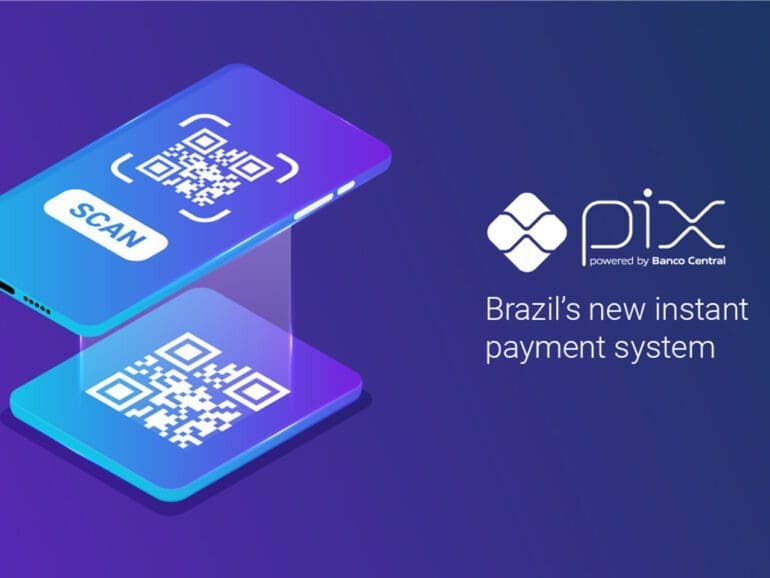In little more than a year, the digital payments system PIX has gone viral in Brazil.
Not only has it become a preferred payment method in everyday lives for citizens, but it has also been a recurring theme for memes among Brazilians.
Even a new term was coined: “make me a PIX” as a means to ask for payment.
By the end of 2020, the Central Bank of Brazil launched its instant payment system, called PIX, with the ambitious goal of speeding up and facilitating transactions, promoting competition in the industry, and boosting financial inclusion.
In just one year, it has gained an adoption rate so massive in Brazil that it would be the envy of just about any private company.
Its transaction figures are jaw-dropping. As of November, more than 1.2 billion dealings were settled through the system, accounting for almost 40 million per day. It already has more than 107 million individual users signed up and nearly 8 million companies.

Rapid adoption
“PIX has achieved unparalleled adoption in record time that will facilitate the shift towards digitization in Brazil,” said Enrique Ramos O’Reilly, a regional director with Temenos firm. “I hope other countries can copy this example.”
The state-owned instant payments system allows users to make money transfers 24 hours a day, seven days a week, and without the need for debit or credit cards. It is also free for individuals and very easy to use, making it highly suitable for everyday transactions.
The equivalent of almost a trillion U.S. dollars has been processed through PIX in a year. Along those lines, the expectation is that its usage will continue to grow at high rates and that adoption will deepen further.
“PIX exceeded even the most optimistic expectations,” said Paulo Oliveira Andreoli, head of Omnifinance at Grupo FCamara Consulting. “The number of transactions grew on average 20% every month.”
The system has also been praised for its financial inclusion capability.
“It is very common today to see peddlers offering PIX today,” said Henrique Marise, an executive payments manager with Brazilian Banco Pan.
“In big cities, not having PIX might exclude you from certain day-to-day transactions. It has become very important for the individual to financially relate.”
For Marise, the fact that Banco Central do Brasil governed the entire process and promoted it so decisively was a predominant factor that explains the vast success that PIX has had. Between banks, fintechs, and credit unions, some 750 firms have signed up to accept and offer instant payments.
Centralized settlements
He explained that the Central Bank established a unique system with a centralized settlement process.
PIX allows people who have checking or payment accounts at banks or digital wallet firms to make and receive instant transfers from anyone, withdrawals from commercial establishments, and payments in online stores quickly and securely.
“Before PIX, people who did not have access to credit and debit cards had to pay by bank slip, which is not practical and makes the purchase take longer to be cleared,” Andreoli said.
At LendIt Fintech Latam, central bank department chief Belline Santana said that the regulator is adding new features on PIX.
“We have plans to reduce the use of cash and facilitate transactions within the population. Everybody wins with PIX,” he said.
“It is a live instrument, and we are learning in the process,” he said. “We are investing more in safety and security, and the use of open finance will create situations and needs that we don’t even know already.”
There is an intense schedule of new releases and functionalities, including PIX offline to settle deals without the need for the internet and PIX by Proximity, which will leverage NFC technology for users to conduct payments by proximity.
“Ultimately, PIX will be everywhere,” said Marise from Banco Pan. “How far can it go will be for the user to say. One year ago, not even the most optimistic in Brazil could imagine the figures that PIX achieved in its first year.”


